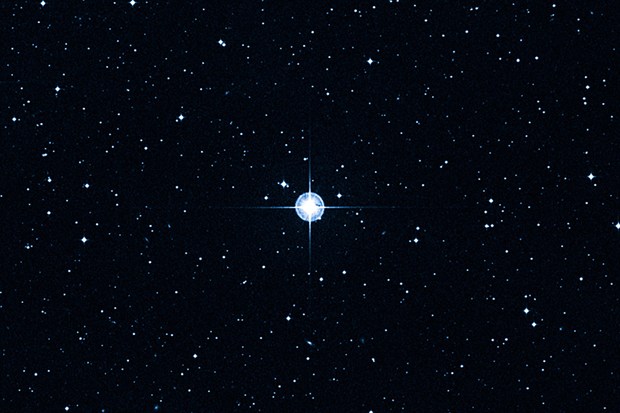
This week we’re serializing yet another episode from the After On Podcast here on Ars. The broader series is built around deep-dive interviews with world-class thinkers, founders, and scientists, and it tends to be very tech- and science-heavy. You can access the excerpts on Ars via an embedded audio player, or by reading accompanying transcripts (both of which are below).
This week, my guest is British astronomer Stephen Webb. Webb has probably spent more time than anyone on this planet—with the possible exception of Frank Drake—pondering a fascinating subject known as Fermi’s Paradox.
This is the question of why can’t we detect any signs of intelligent alien life when we look to the skies. No signs of astro-engineering projects. No signatures of relativistic space travel. No obviously artificial electromagnetic waves, and so forth. And when you think of it, this is rather surprising. Or at least it was surprising to the ingenious physicist Enrico Fermi, who first drew attention to the matter.
Life arose very quickly on our planet—only shortly after it first became possible for Earth to sustain life at all. And there are of course lots of other planets out there. Because the universe was almost ten billion years old before the Earth even formed, those planets have had ample time to develop life of their own. And if an alien civilization got started long before ours and attained our current level of development merely a few million years back, it could have saturated the galaxy by now.
So where is everybody? That’s actually the title of a book that today’s guest has written and released in two major editions thus far. The most recent one contains 75 reasonably logical answers to the question, clustered into three major categories. The first is, they’re already here—or fully aware of us from afar—and have chosen not to be seen (at least not by the general public). The second is, they’re out there, but we just haven’t detected them yet. The third is that we’re quite alone in our galaxy, and perhaps in the entire universe.
In today’s installment, Stephen and I discuss the first set of possibilities, as well as Fermi’s paradox on a broad level. I hope you enjoy it. If you do, you can access my full archive of 31 episodes on my website, or by searching for “After On” in your favorite podcasting app.
This special edition of the Ars Technicast podcast can be accessed in the following places:
iTunes:
https://itunes.apple.com/us/podcast/the-ars-technicast/id522504024?mt=2 (Might take several hours after publication to appear.)
RSS:
http://arstechnica.libsyn.com/rss
Stitcher
http://www.stitcher.com/podcast/ars-technicast/the-ars-technicast
Libsyn:
http://directory.libsyn.com/shows/view/id/arstechnica
reader comments
198